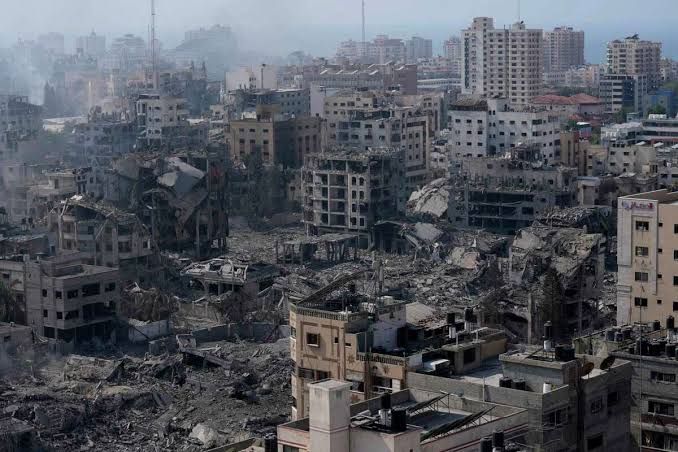A Hamas official warned on Tuesday that there would be no more hostage releases by the Islamist group unless medical supplies and fuel are allowed into the besieged Gaza Strip.
On Monday, two Israeli women held captive by Hamas were released from the Gaza Strip. Two U.S. nationals were released on Friday.
More than 220 hostages are being held in total.
“For humanitarian reasons, we have released four (hostages) without conditions,” Osama Hamdan, a Hamas politburo member and representative in Lebanon, told dpa.
“But if anyone seeks to have more releases, we have to insist that the international community exerts more pressure on Israel to open Rafah crossing to allow fuel and medical supplies to come inside Gaza,” he added.
Hamdan, who is close to the hostage negotiations, stressed that it is a basic right of the Palestinian people to be allowed to have hospital treatment if they are subjected daily to Israeli air raids.
“The people in Gaza have the right to the minimum of humanitarian needs, which is to be able to be treated for the wounds Israel is inflicting on them” through airstrikes,” he added.
“We need Israel to stop the raids on our people so we will be able to secure the release of people who were taken,” Mr Hamdan said.
At least 222 hostages were taken when attackers from the Islamist group, which controls Gaza, carried out a terrorist attack on Israeli communities on 7 October.
The attacks near the Gaza border killed over 1,400 people and left the country reeling in shock.
The subsequent Israeli air bombardment of Gaza has killed over 5,000 people, according to the Hamas-run Health Ministry there.
These figures cannot be independently verified.
Hamas is designated as a terrorist organisation by the US and the EU.
Since the attacks, the coastal Palestinian Territory, which has been ruled by Hamas since 2007, has been under a complete siege by Israel, with no food, water, or fuel entering the territory via Israel.
The only supplies reaching Gaza’s population of some 2.2 million people are arriving via aid trucks through the Rafah border from Egypt.




